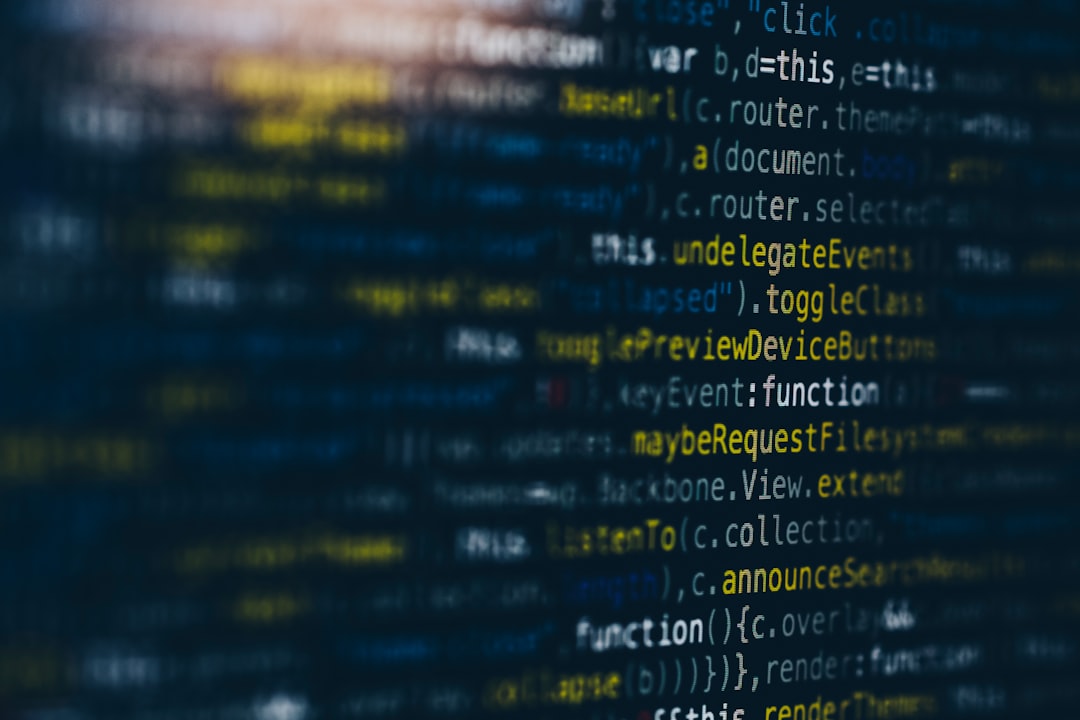Introduction
Artificial Intelligence (AI) has become an integral part of our lives, revolutionizing various industries such as healthcare, finance, and transportation. However, as AI continues to advance, it raises important ethical implications that need to be explored and addressed. In this blog post, we will delve into some of the key ethical concerns surrounding AI and the potential impact it can have on society.
Privacy and Data Protection
One of the primary ethical concerns with AI is the issue of privacy and data protection. As AI systems collect and analyze vast amounts of personal data, there is a risk of this information being misused or falling into the wrong hands. Organizations need to ensure that proper safeguards are in place to protect individuals' privacy and prevent unauthorized access to sensitive data.

Algorithm Bias and Discrimination
Another ethical challenge associated with AI is algorithm bias and discrimination. AI algorithms are trained using vast datasets, which can inadvertently perpetuate biases present in the data. This can result in discriminatory outcomes, such as biased hiring practices or unfair treatment in criminal justice systems. It is crucial to develop AI systems that are fair, transparent, and free from bias to avoid perpetuating societal inequalities.

Accountability and Transparency
AI systems often make decisions that impact individuals' lives, yet the inner workings of these systems can be complex and difficult to understand. This lack of transparency raises concerns about accountability. It is essential to develop AI systems that are explainable and transparent, allowing users to understand how decisions are made and enabling them to challenge or question outcomes when necessary.

Job Displacement and Economic Impact
The rise of AI technologies has led to concerns about job displacement and its economic impact. As AI automates certain tasks, there is a potential for job losses in various industries. It is crucial to address the potential consequences of AI on employment and develop strategies to reskill and upskill workers to adapt to the changing job landscape.

Autonomous Weapons and Warfare
The development of AI-powered autonomous weapons raises significant ethical concerns. These weapons have the potential to operate without human intervention, leading to questions about accountability and the potential for misuse. It is crucial to establish international regulations and ethical frameworks to ensure that AI is used responsibly in the context of warfare.

Human Control and Decision-Making
AI systems are designed to make decisions based on algorithms and data analysis. However, the question of human control and decision-making remains crucial. It is essential to strike a balance between the capabilities of AI systems and human oversight to ensure that humans have the final say in critical decisions, particularly in areas such as healthcare, criminal justice, and autonomous vehicles.

Ethical Standards and Regulation
As AI continues to advance, there is a need for robust ethical standards and regulations to govern its development and deployment. It is essential for organizations and policymakers to work together to establish guidelines that prioritize ethical considerations, protect individuals' rights, and ensure the responsible use of AI technologies.
Collaboration and Multidisciplinary Approach
Addressing the ethical implications of AI requires a collaborative and multidisciplinary approach. Experts from various fields such as computer science, ethics, law, and social sciences need to come together to develop comprehensive frameworks and guidelines that consider the diverse ethical concerns associated with AI.

Conclusion
Exploring the ethical implications of artificial intelligence is crucial to ensure that AI technologies are developed and deployed in a responsible and ethical manner. By addressing concerns such as privacy, algorithm bias, accountability, and human control, we can harness the potential of AI while minimizing the potential negative impacts on individuals and society as a whole. It is through ongoing dialogue, collaboration, and ethical decision-making that we can shape the future of AI in a way that benefits humanity.